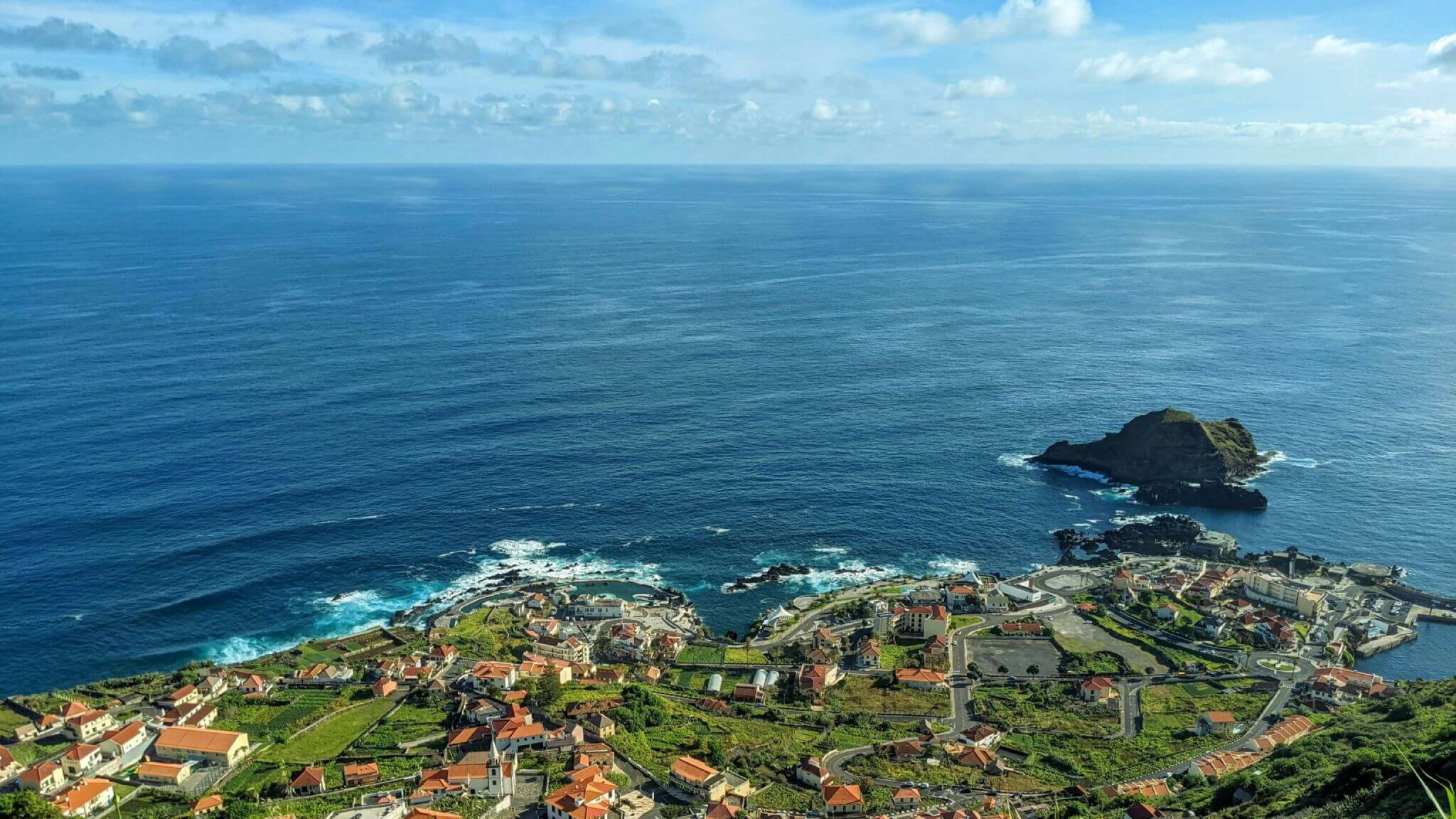One of the first questions expats ask when considering a move to Madeira is: “Do you pay tax in Portugal?” The short answer is yes, but how much and on what income depends entirely on your residency status.
In this article, we break down what taxes apply to residents and non-residents and what expats living in or moving to Madeira need to know to stay compliant.
Do You Pay Tax in Portugal as a Resident or Non‑Resident?
🏡 Who Counts as a Tax Resident in Portugal?
You are considered a tax resident in Portugal if:
- You spend 183 days or more in the country during 12 months, or
- You have a permanent residence in Portugal that is your habitual home.
Becoming a tax resident means you’re liable for tax on your worldwide income, not just what you earn or receive in Portugal. Remember that holding a residency permit, other than the Golden Visa, will imply tax residency in Portuguese territory.
🌍 Non-Resident? You’re Still Taxed… But Only on Portuguese Income
If you live in Portugal for less than 183 days a year and don’t maintain a habitual residence here, you may be deemed non-resident for tax purposes.
So, do you pay tax in Portugal as a non-resident? Yes—but only on income sourced in Portugal, such as:
- Rental income from a property in Portuguese territory
- Employment income earned within Portugal
- Business income from Portuguese clients
- Capital gains from selling Portuguese assets
Non-resident income is taxed at flat rates (e.g. 25% on employment income, 28% on rental income) with no progressive brackets or deductions.
💼 Resident Taxation: What’s Included?
As a tax resident, your obligations are broader. You must declare and may be taxed on the following:
- Portuguese and foreign employment income
- Pensions (Portuguese or foreign)
- Dividends and interest
- Rental income from any country
- Capital gains from global assets
- Self-employment and business income
Portugal uses a progressive income tax scale, from 14.5% to 48%, plus potential surcharges for higher earners.
💡 What About the NHR Regime (or even the NHR 2.0)?
If you moved to Madeira before the cutoff for the Non-Habitual Resident (NHR) regime, you may benefit from significant tax reductions.
Under the NHR 2.0 regime, certain foreign income, like pensions, dividends, and royalties, could be taxed at reduced rates or exempted depending on tax treaties and origin.
If you’re unsure whether you qualify or how to maintain your NHR 2.0 status, it’s critical to get personalised guidance.
📅 Do You Need to File a Tax Return?
Yes—whether you’re a resident or non-resident, you may be required to file a Portuguese tax return (IRS), especially if:
- You have multiple income sources
- You own property in Portugal
- You earn income abroad as a resident
The filing season runs from April 1 to June 30 for income from the previous calendar year.
🧾 Additional Taxes to Consider
Whether you’re a resident or non-resident, keep an eye on other potential taxes:
- IMI (Municipal Property Tax): Paid annually by property owners.
- AIMI (Wealth/High-Value Property Tax): Applies to properties over €600,000.
- Stamp Duty: Charged on certain gifts, inheritances, and contracts.
⚖️ Tax Treaties and Double Taxation
Portugal has dozens of double tax treaties, including those with the UK, the US, Canada, and most EU countries. These agreements help prevent double taxation on the same income, especially pensions and investment income.
Still, you must declare income properly and provide evidence of foreign taxes paid when applicable.
📍 Why Expats in Madeira Should Seek Local Support
Understanding whether you pay tax in Portugal is just the beginning. Residency status, foreign income rules, and local property laws play into how much tax you owe—and how to avoid penalties.
That’s where working with local experts comes in. At Madeira Corporate Services, we specialise in helping expats and international professionals:
- Determine residency status and obligations
- Structure global income efficiently
- File tax returns accurately and on time
- Navigate NHR and post-NHR strategies
- Comply with all Portuguese tax laws
✅ Do you Pay Tax in Portugal? Final Takeaway
So, do you pay tax in Portugal as a foreigner? Absolutely—but how much and on what depends on whether you’re a resident, what kind of income you earn, and where that income comes from.
Before making Madeira your home or investing in property, take the time to plan your tax strategy with local experts who understand the rules and how to make them work for you.
Need help getting started? Contact Madeira Corporate Services for personalised expat tax support.
The founding of Madeira Corporate Services dates back to 1996. MCS started as a corporate service provider in the Madeira International Business Center and rapidly became a leading management company… Read more




